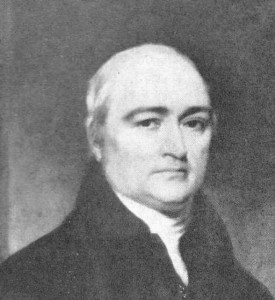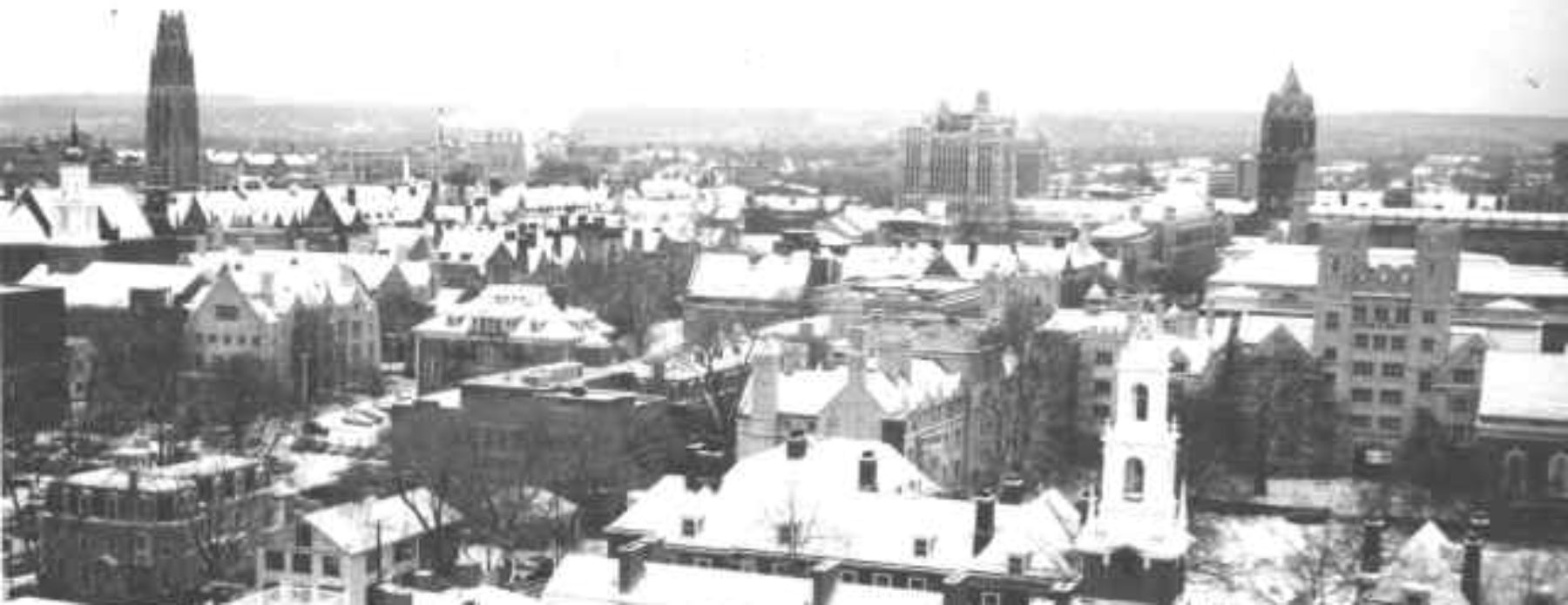 Good News from Yale Faculty Impressed |
Various reports have been circulated, in several parts of the country, concerning the attention to religion which for a short time past has prevailed among the students of Yale-College. Some persons have expressed a wish, that a correct account of this subject might be communicated to the public.
In the beginning of March one of the students was admitted into the collegiate church; another was admitted the following month. At this time it was not publicly known, although it was true, that a few others had become particularly attentive to divine things. Six more were received into the church, in the month of May, and, before their admission, a small number of others began to be uncommonly serious. About this time the same disposition appeared rapidly to extend itself, so that before the vacation, which began on the 12th of May, not less than fifth of the students exhibited a new and very solemn sense of the importance of salvation.
On their return, after vacation, the same character still predominated, and, hitherto, not an individual has appeared to lose the interest which he had professed to feel in religion. The only change which has been perceived, has been that in which good men will rejoice. The determination to leave all, and follow Christ, has it is believed, become stronger and more settled. The number, also, has been considerably enlarged—upwards of eighty appear now to be deeply interested in their salvation.
[The revival was marked by] nothing enthusiastic, nothing superstitious, nothing gloomy, morose, or violent. All those, who have been thus affected, have plainly improved in their disposition, and in their conduct.
During the progress of the year, the students have generally been, at least, as diligent, orderly, and decorous, so far as is remembered, as at any former period. But those who have been referred to in this account, have become more attentive to their duty, more modest, more respectful to their instructors, and more affectionate to each other. A distinguishable serenity and pleasantness of disposition appears to pervade them generally.
With respect to religion, all of them are greatly desirous to be taught, but none to assume the office of teaching. No spirit of self sufficiency, no inclination to distribute censures, no appearance of arrogance, no flights of wild imagination, have hitherto been discovered. The lofty-minded have become humble, the light-minded sober, the thoughtless solemn, and the vicious regular and uncensurable. The doctrines of grace appear almost instinctively to be acknowledged by all, without a doubt, as the true doctrines of the gospel—the doctrines according to which they hope to be saved.
The influence of this spirit, on their companions, has been visible and not unimportant. At first a very small number of them discovered an inclination to oppose the progress of what they then styled enthusiasm. The opposition has, however, ceased, and there are very few, who are not more solemn, and in whom a greater propriety of conduct is not clearly discernible.
On the whole, the state of Yale-College is, in the view of the Instructors, more pleasing and desirable than at any former period within their knowledge.
Timothy Dwight
Yale-College, June 15th, 1802.
(From the Connecticut Evangelical Magazine)

